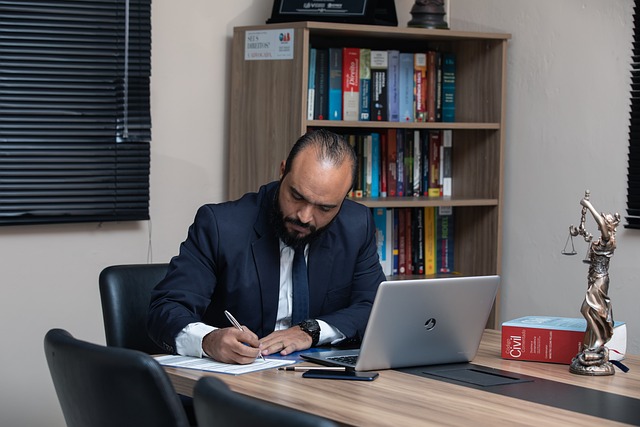Do I Have to Put All My Assets in My Trust?

The primary purposes of a Living Trust are to protect your assets from court, taxes, and young or foolish heirs. Trusts can protect the inheritances of problem children and the disabled and also protect their inheritances from lawsuits and creditors. Trusts can eliminate capital gains taxes, family feuds, and public spectacles. But to accomplish this, your trust must own your assets.
You may be tempted to leave some of your assets out of your trust. Maybe you’ve secretly been hoarding a bank account for a favorite relative, or think that little condo in Hawaii that no one knows about should stay with its current occupant. Or, maybe you’ve just forgotten to include something, no big deal, right? Wrong!
Trust me, once you die, there are no secrets. Uncle Sam or a meticulous family member will find all of your “secret” assets, subjecting them to lengthy and expensive court battles. It’s best to put them all in your trust, list them as trust assets, then clearly state who gets them on your death.
Real Estate
Nothing will change by adding your real estate holdings to your trust. The title will transfer from your name to your trust’s name; with you are trustee. As you are the owner of the trust, it’s still your property and you still have complete control. Because a normal living trust is revocable, transferring real estate to your trust should not disturb your current mortgage or property taxes.
Property without a Title
Personal belongings like your coin collection, sports memorabilia, jewelry, electronics and art should also become part of your trust so that you can leave binding directions on how they should be allocated. Placing them in the trust ensures your wishes will be unequivocally carried out. This is done by simply assigning these items to the trust, normally as part of your trust asset schedule. A trust should always have a current, signed and dated, asset schedule!
Bank and Brokerage Account
The owner of all bank and brokerage accounts should be your Trust if you want to ensure that the funds will be available, upon your incapacity or death, to cover your expenses, then distributed per your wishes.
Items You May or Must Leave Out of Your Trust
Automobiles
In most states, automobiles are exempt from probate and can easily be transferred upon your death, so it’s best to leave title in your name(s) unless they are very valuable and substantially increase the value of your estate.

Retirement Accounts
For tax purposes, you should normally always name your spouse, then competent adult heirs, as beneficiary of tax deferred accounts, to avoid having these accounts taxed, upon your death. Normally a trust will only be a beneficiary of you have age restricted or handicapped heirs. Your attorney and financial advisor will assist you with designating the proper IRA beneficiaries.
Life Insurance
Life insurance is normally not owned by a revocable living trust, but should almost always name the trust as the primary beneficiary. Annuities often follow the same rule, but are more complicated, and should be discussed with your financial advisor before naming beneficiaries.
Assets You Don’t Own
It’s not uncommon for people to make gifts of assets they don’t own, naming them as gifts in their trust, because they feel that they morally have a right to the asset. This is usually not recommended.






